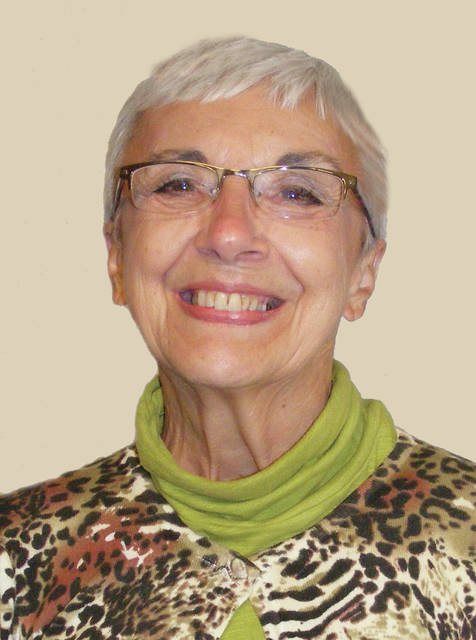
During this time of social distancing and at least partial self-quarantining, one has time to explore and contemplate the writings of eloquent deep thinkers; one such enticing possibility presented itself with the announcement of 2020 Nobel prize winners. The award for Literature was given to acclaimed poet Louise Gluck, who became the first American woman to earn the prize since 1993. The 77-year-old Ms. Gluck, a professor of English at Yale University who has also won a Pulitzer Prize and a National Book Award, is described as an autobiographical poet whose emotionally intense work frequently draws on myth, history, or nature to meditate on modern life, often focusing on the relationship between reality and classical myth.
In reviewing the Nobelist’s biography, one learns that as a teenager the budding poet developed anorexia nervosa, beginning psychoanalytic treatment while a senior in high school and continuing in therapy for seven years, which she credits with helping her not only to overcome her illness, but also “teaching her how to think.” She also says that while she understood that at some point she was going to die, “what I learned more vividly, more viscerally, was that I did not want to die.” Perhaps this explains the dark tone of her work, which is also known for linguistic precision, but also by humor and biting wit.
Ms. Gluck’s universal themes cover not only life and death, but also nature and history, desire and isolation. Childhood and family life including the close relationship with parents and siblings is also a theme that has remained central. Much of her work seems inspired by tragedy; in The Triumph of Achilles, a National Book Critics Circle Award winner in 1985 written following the destruction of all her possessions in a house fire, she writes about possibilities while also touching on love, passion, loss and suffering. Her next collection, Ararat, begun following the death of her father, seems a window into the life of her family, and was deemed by The New York Times to be “the most brutal and sorrow-filled book of American poetry produced in the past 25 years.” Her Pulitzer-Prize winning book The Wild Iris featuring garden flowers in conversations about the nature of life describes change and rebirth, but emanates from a deep sense of loss. Her poem “Snowdrops” exemplifies that quality:
“I did not expect to survive,
earth suppressing me. I didn’t expect
to waken again, to feel
in damp earth my body
able to respond again, remembering
after so long how to open again
in the cold light
of earliest spring—
afraid, yes, but among you again
crying yes risk joy
in the raw wind of the new world.”
The poet has recently finished a new collection, her thirteenth, which will be published next year; as quoted in The Week, Ms. Gluck states that “falling apart” defines the theme of her upcoming volume. She goes on to say that she has written about death since she could write, but that “aging is more complicated. Faculties that you counted on — physical grace and strength and mental agility — these things are being compromised. It’s been very interesting to think and write about.” She describes the new work as containing “a lot of mourning,” but also a lot of comedy, with “one of the few good things to say about old age is that it is a new adventure. There is news in this situation. And that… is invaluable.” As a person of Ms. Gluck’s generation, I can readily identify with her sentiment, and look forward to the release of her reflections on the subject.





